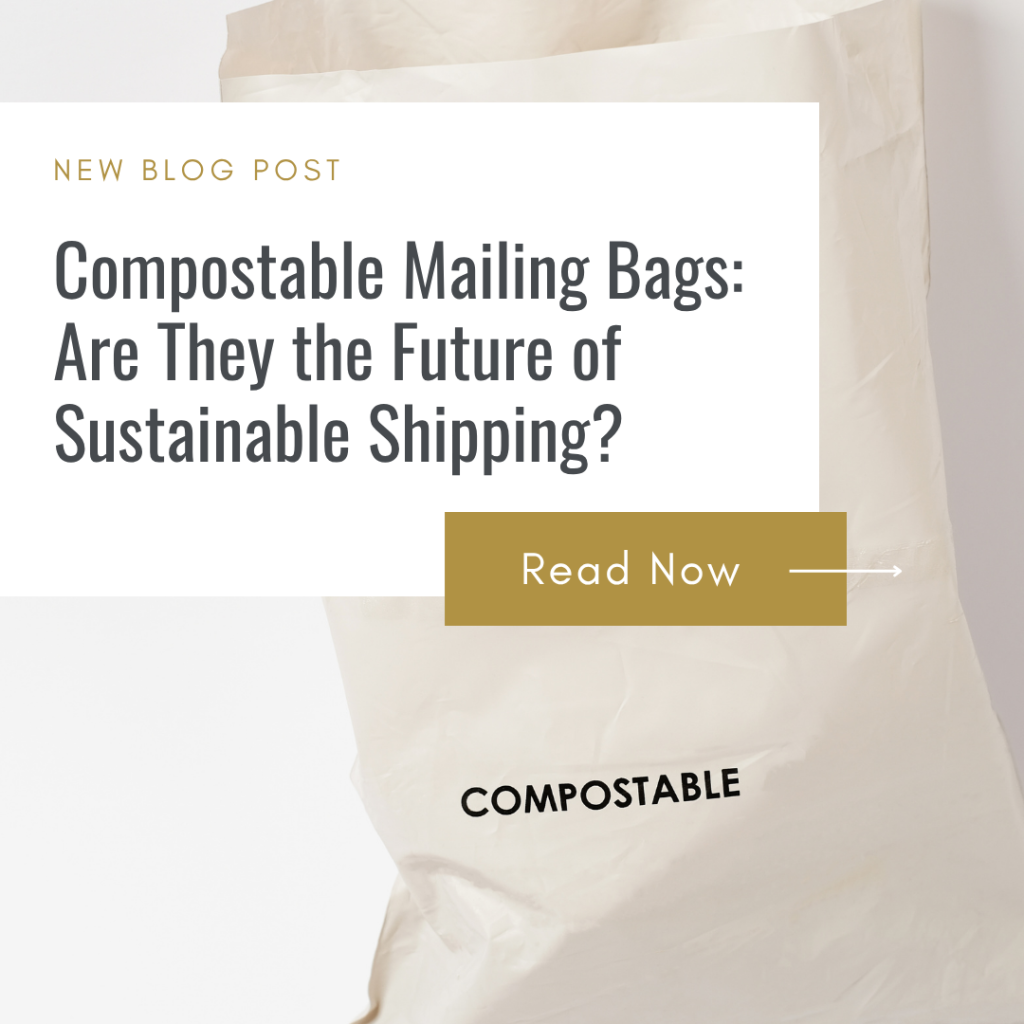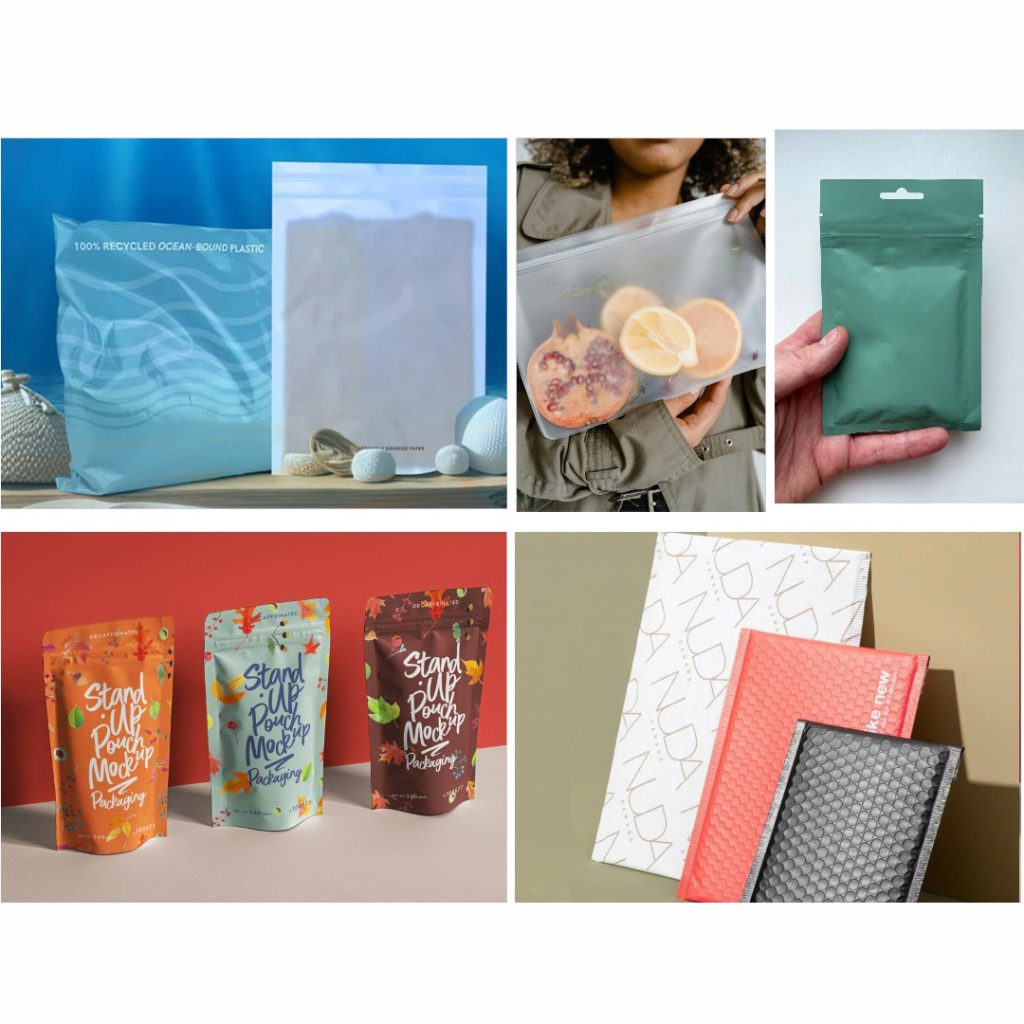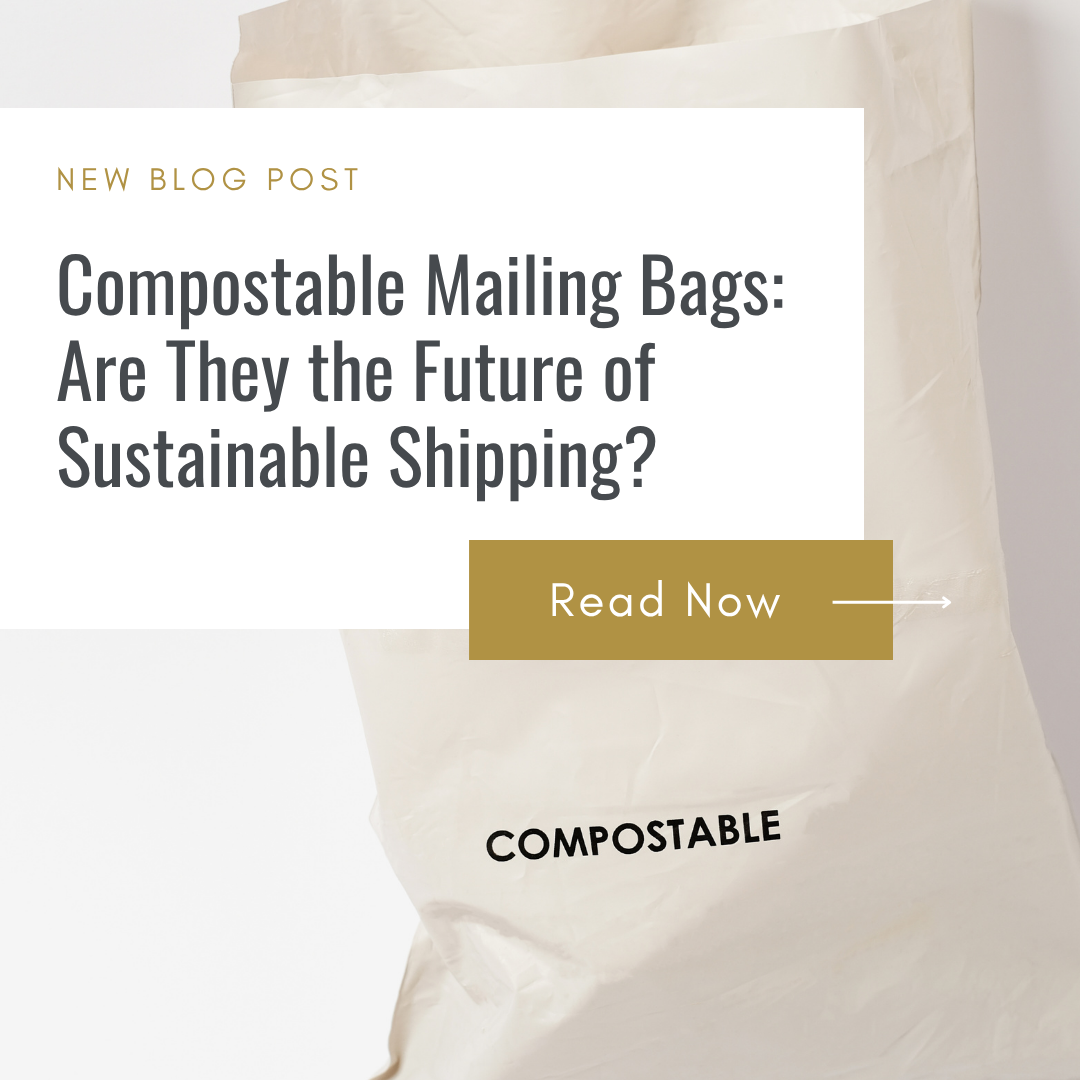
For many years, plastic packaging such as poly mailers and bubble wrap has been the go-to choice for shipping products due to its affordability and functionality. However, plastic can take up to 1,000 years to decompose, causing significant harm to the environment throughout its lifecycle.
Each year, an estimated 8 million tons of plastic waste enter the oceans from coastal regions, posing a severe threat to marine and terrestrial wildlife through entanglement and ingestion. Beyond environmental damage, plastic pollution also affects human health. Microplastics have been found in drinking water and food, with research linking them to serious health risks, including cancer.
Moreover, plastic production relies heavily on fossil fuels, contributing to greenhouse gas emissions and the acceleration of climate change.
As awareness of these environmental and health impacts grows, businesses and consumers alike are seeking more sustainable packaging alternatives. One of the most effective solutions is switching to compostable mailing bags.
By choosing compostable mailing bags for your eCommerce operations, you significantly reduce plastic waste while aligning your brand with eco-conscious values, an increasingly important factor for today’s environmentally aware consumers.
What Are Compostable Shipping Bags Made Of?
Compostable shipping bags are made from a variety of sustainable materials designed to break down naturally without harming the environment. Common alternatives to traditional poly mailers include:
- Bioplastics
- Recycled paper
- Virgin paper
- Waste wool
Among these options, bioplastics are the most widely used material for compostable bags. Let’s explore how bioplastics work and why they’re a popular choice for eco-friendly packaging.
Choose Compostable Mailing Bags That Truly Make a Difference
As sustainability continues to shape the future of eCommerce, both retailers and consumers are actively seeking alternatives to traditional plastic packaging. One of the most promising solutions is compostable mailing bags, an eco-conscious option that reduces environmental impact without compromising on performance.
While the compostable packaging industry is still evolving, and research continues around newer materials like bioplastics, one thing is clear: compostable mailers made from certified, sustainable materials, especially those suitable for home composting are a much better alternative to conventional plastic.
XF OCEAPACK: Turning Ocean Waste into Sustainable Packaging
At the forefront of innovation, XF OCEAPACK offers a responsible packaging solution made from 100% Ocean Bound Plastics—plastic waste collected from shorelines and riverbanks before it enters marine ecosystems. By repurposing this waste into practical products, XF OCEAPACK plays an active role in reducing ocean pollution and minimizing the release of harmful toxins like dioxins into our food chain.

Certified for Safety and Sustainability:
- FDA 21 CFR 177.1520
- (EC) No 1935/2004
- REACH
- RoHS 1 & 2
- EN 71-3
- UL 2809-2 (Verifies recycled content and supports anti-greenwashing claims)
Versatile Applications
XF OCEAPACK is ideal for a wide range of packaging needs, including: Mailers, envelopes, garment bags, ziplock bags, zipper bags, shopping bags, bubble bags, and bin bags.
By choosing compostable mailing bags and recycled alternatives like XF OCEAPACK, your business can significantly reduce plastic use while appealing to environmentally conscious consumers who value sustainability. Contact XF Packaging for further information on compostable mailing bags.


